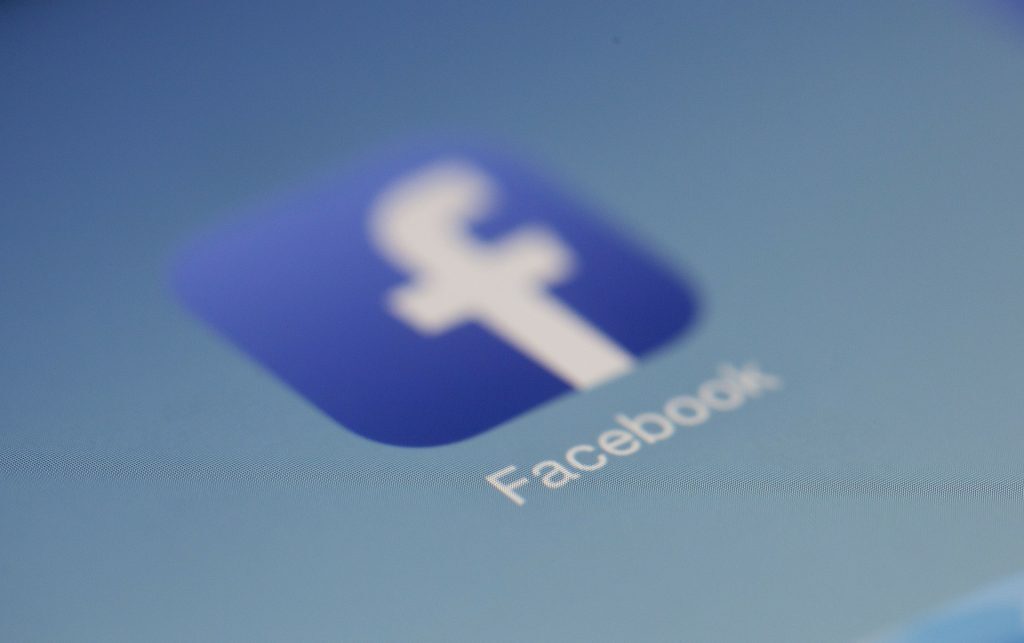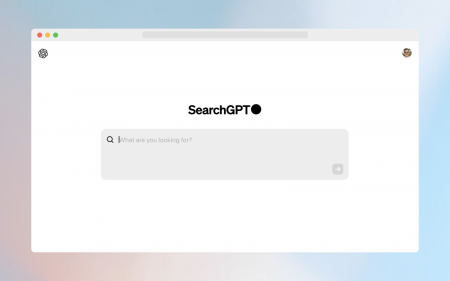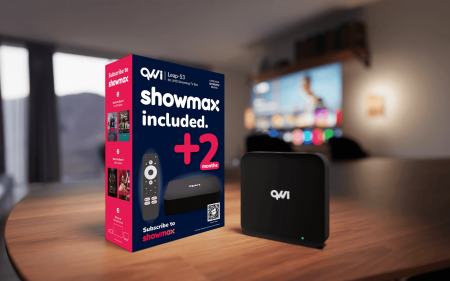This year has begun for Facebook as last year ended. Having been barred from buying the online database and gif-search engine Giphy last year, its CEO Mark Zuckerberg has discovered he can’t buy his way out of trouble as he did with Instagram and WhatsApp.
The cause of his conundrum is that he can’t reinvent Facebook or Instagram, respectively, into a virtual reality (VR) app or TikTok. Both are floundering, and Facebook’s new holding company Meta, is bereft of ideas on how to keep them growing. Zuckerberg’s disastrous VR focus has seen him spend over $10 billion on it with very little to show except awkward, life-less and legless avatars from decades ago.
Coupled with a significant loss of advertising through Apple, which has enforced privacy protections that allow iPhone users to stop sharing their data with apps, Facebook has lost 70% of its value. That this has happened since Facebook tried to shake off the tinge of bad publicity from the Cambridge Analytica scandal – a rebranded version of lady Macbeth’s “out, damned spot” – by changing its name in October 2021 just adds to the poignant irony of it.
Facebook is feeling the squeeze
As it happens, Facebook settled a class-action lawsuit in late December for $725 million over the Cambridge Analytica privacy breach, which saw the right-wing political operators harvest some 87 million Facebook users’ data.
But the European Union, which has enacted aggressive new laws to protect its citizen’s privacy and digital safety, has ruled that Facebook illegally gave its users an ultimatum to carry on using it.
Users had to agree to Facebook’s personalised advertising to use the social platform based on what they do online, which EU regulators quite rightly pointed out is no different to Tony Soprano making you an offer you can’t refuse.
Read More: Buck stops with Zuck
Because Facebook – and all the other Big Tech firms – have their European headquarters in tax-friendly Ireland, that country’s Data Protection Commission is the lead EU regulator. It fined Facebook €390 million (R7.3 billion) for this behaviour, as well as for a string of privacy violations.
But the crux of this key ruling, which Facebook is appealing, is that the social giant forced its users to accept the personalised advertising in contravention of the wide-ranging General Data Protection Regulation (GDPR) privacy law that took effect in May 2018. Facebook “is not entitled to rely on the ‘contract’ legal basis,” the Irish data watchdog found.
The threat for Facebook is that this effectively undermines its business model for selling advertising in a market of 450 million people in 27 countries. This is 5% to 7% of the social giant’s advertising revenue, says Wedbush Securities analyst Dan Ives. “This could be a major gut punch,” he said.
Facebook made a whopping $118 billion in revenue in 2021, mostly from its highly personalised ads.
The implementation of GDPR has been seen as underwhelming, with critics warning it needs to be more aggressive. That appears to be just what happened. If the EU can force the world’s largest social network to toe the line, as opposed to following its own profit motives, then why can’t other governments? Happy 2023 Facebook.
This article first appeared in the Financial Mail.




